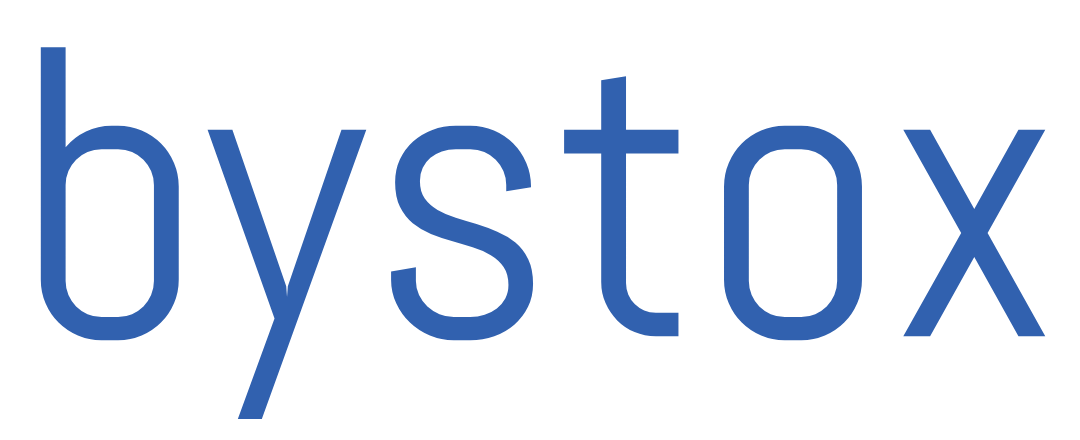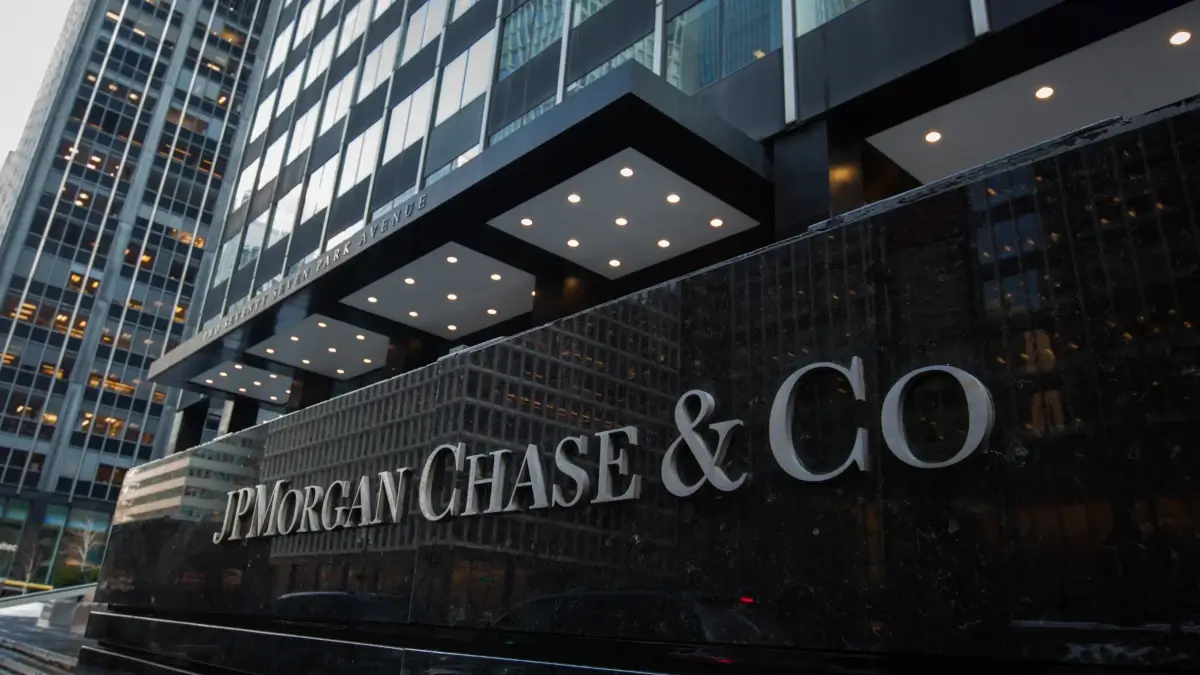In a strategic move aimed at ensuring stability and continuity in its leadership, JPMorgan Chase’s board has underscored the orderly transition of its CEO as a top priority for the bank in the medium term. This emphasis comes 18 years after Jamie Dimon assumed the helm of the largest U.S. bank.
Succession planning has become a focal point across Wall Street, with recent leadership changes at prominent financial institutions. Notably, Morgan Stanley’s new CEO Ted Pick succeeded James Gorman at the beginning of the year after his 14-year tenure, while Peter Orszag assumed leadership at Lazard in October. Other banks have also engaged in executive rotations across divisions to cultivate a more diverse and experienced leadership team.
The dialogue surrounding succession at JPMorgan Chase has gained momentum since Jamie Dimon’s emergency surgery in March 2020. However, industry experts suggest that Dimon’s departure may not be imminent, with potential for him to remain in his role for several more years.
According to Chris Marinac, director of research at financial adviser Janney Montgomery Scott, “The company has been gradually building up more dialogue around succession since Dimon’s emergency surgery in March 2020. However, I don’t think that this means that Dimon is leaving tomorrow; he could be here for a few more years.”
The board has been actively engaged in developing potential CEO candidates among its operating committee members, aiming to ensure a seamless transition and maintain shareholder confidence. This focus on succession planning reflects JPMorgan Chase’s commitment to long-term stability and effective leadership continuity.
Among the potential successors to Jamie Dimon, Jennifer Piepszak and Troy Rohrbaugh, recently appointed as co-CEOs of JPMorgan’s expanded commercial and investment bank, stand out. Additionally, Marianne Lake, CEO of consumer and community banking, and Mary Erdoes, CEO of asset and wealth management, are also being considered as strong contenders for the CEO position.
Meanwhile, Daniel Pinto, President, and Chief Operating Officer, continues to be listed as the executive ready to step in for the CEO in the near term, as demonstrated during Dimon’s emergency heart surgery in 2020.
In his recent annual letter to shareholders, Dimon emphasized U.S. leadership and economic prowess, underscoring values of “liberty and justice for all.” Dimon, who assumed leadership in 2006, has been among the financial CEOs speculated for senior economic roles in government, including the role of Treasury secretary.
Regarding executive compensation, Dimon’s total compensation increased by about 4.3% to $36 million in 2023. Pinto received $30 million, while Erdoes was compensated $27 million. Piepszak and Lake each earned $18.5 million, with Chief Financial Officer Jeremy Barnum earning $15 million.
In other developments, JPMorgan announced the retirement of two directors, Timothy Flynn and Michael Neal, at the expiration of their terms on the eve of the 2024 annual meeting of shareholders in May.
Despite these changes, JPMorgan’s shares showed marginal gains in premarket trading. The bank is slated to report its first-quarter results on Friday, signaling investors’ anticipation for its performance amid ongoing leadership transitions and market dynamics.
Sources: moneycontrol.com

